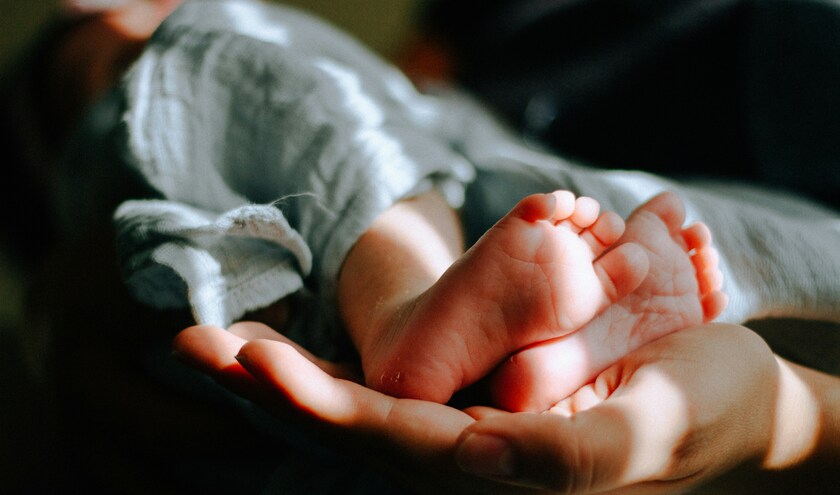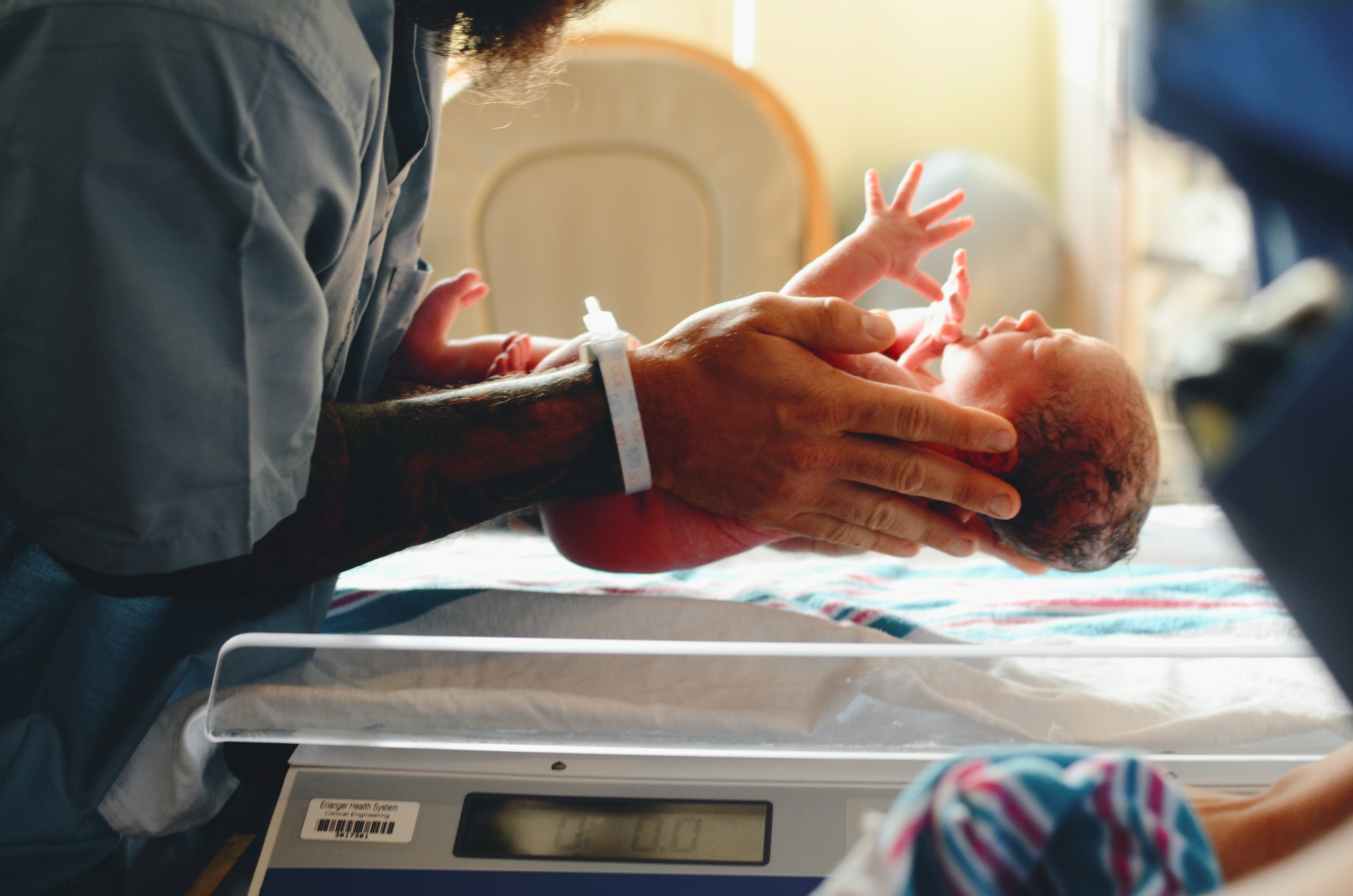RCPysch said postnatal depression and other mental illnesses from conception to a year after birth could be prevented or treated with the right support, including talking therapies and antidepressants.
Dr Trudi Seneviratne, consultant perinatal psychiatrist and immediate past RCPsych registrar, said: ‘Women can experience an enormous amount of change, including increased stress factors when they become pregnant and this may negatively affect their mental health. Postnatal depression is far more common than many people realise and can have a devastating impact on mothers, babies and families if left untreated.'
Maternal suicide remains one of the leading causes of death among women between six weeks and a year after birth. Perinatal mental illness can significantly impact women's health and accounts for 34% of all deaths in this group during this period.
Untreated prenatal mental illness also affects unborn infants, potentially putting them at risk of premature birth and low birth weight. In addition, parents may find it difficult to bond with their baby once they are born which can contribute to attachment issues.
RCPsych said mothers and their partners must not be left to suffer in silence and should instead be supported to seek help from those around them as well as perinatal mental health services when necessary. It advised an approach taking into account a person's biological needs, psychological state and social situation was most effective.



